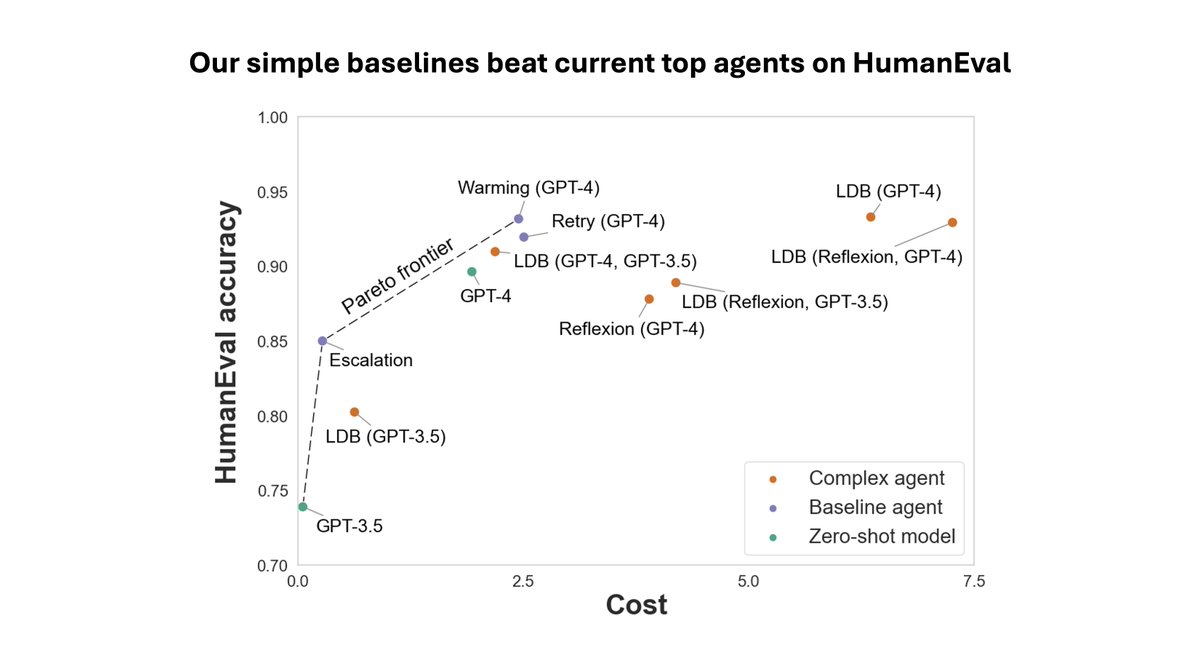A student who's starting grad school asked me which topics in my field are under-explored. An important question! But not all researchers in a community will agree on the answers. If they did, those topics won't stay under-explored for long. So how to pick problems? [Thread]
It's helpful for researchers to develop a "taste" for problems based on their specific skills, preferences, and hypotheses about systemic biases in the research community that create blind spots. I shared two of my hypotheses with the student, but we must each develop our own.
Hypothesis 1: interdisciplinary topics are under-explored because it requires researchers to leave their comfort zones. But collaboration is a learnable skill, so if one can get better at it and find suitable collaborators, rich and important research directions await.
Hypothesis 2 (for computer science research): work that brings accountability to the tech industry's claims is pursued less than research that responds to the industry's needs. The reasons are, of course, funding, prestige, and other such incentives.
https://twitter.com/random_walker/status/1288788490336034816
These hypotheses have guided me for most of my career, not just in picking research topics but in the way I conduct research — e.g. nurturing collaborations; learning from civil society organizations and investigative journalists who do critical tech accountability work.
Some researchers stay within a topic and develop deep expertise over decades. That's a perfectly valid way to do things. I've instead found it fruitful to evolve a strong taste and research style while migrating relatively frequently between topics. This way is worth considering!
• • •
Missing some Tweet in this thread? You can try to
force a refresh










